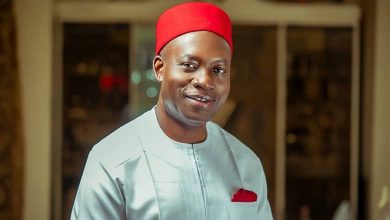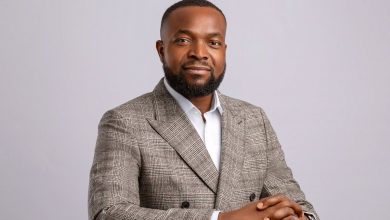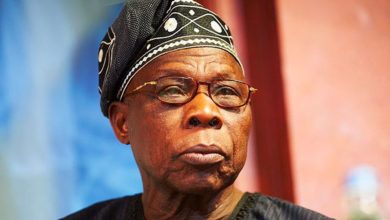Tinubu Demands Urgent Constitutional Reform Amid Insecurity Crisis
President Tinubu says Nigeria must embrace state police to tackle rising insecurity nationwide.
Calls grow louder as governors, lawmakers, and citizens push for urgent constitutional reform.
In response to the worsening security crisis across Nigeria, President Bola Ahmed Tinubu has declared that the creation of state police is no longer optional but a national imperative. He urged lawmakers to urgently amend the 1999 Constitution to restructure the country’s security framework and allow for decentralized policing.
Speaking through the Minister of Defence, Mohammed Abubakar Badaru, at a legislative dialogue on constitutional reform and national security, organized by the House of Representatives Committee on Constitution Review in Abuja on Monday, June 16, Tinubu stressed that Nigeria’s current centralized policing model is inadequate for today’s complex security realities.
“The debate over state police is no longer abstract. It is rooted in the daily fears of ordinary Nigerian farmers afraid to go to their farms, traders who fear for their safety, and communities left with no option but self-help,” he said.
According to the president, Nigeria’s security structure, as defined in the 1999 Constitution, has become outdated and incapable of addressing the evolving threats faced by citizens across the country. He therefore called for bold amendments to the Constitution, particularly moving policing responsibilities from the Exclusive Legislative List to the Concurrent List. This change would empower willing and capable states to establish their own police forces while ensuring overall national oversight.
Tinubu pointed to successful global examples of decentralized policing, highlighting the need for locally accountable security agencies that can swiftly respond to threats without sacrificing national unity.
This push for constitutional reform follows recent attacks in Benue State, where over 100 individuals were reportedly killed by suspected armed herdsmen. The tragedy has reignited calls for urgent government action, with opposition leaders including Peter Obi and Atiku Abubakar criticizing Tinubu’s administration for failing to show empathy and for not visiting the affected communities. Atiku stated, “Enough is enough. The people of Benue have suffered for too long.”
In line with Tinubu’s stance, all 36 state governors under the Nigerian Governors’ Forum have publicly endorsed the creation of state police. Governor Uba Sani confirmed that while most states have submitted their reports in support of the initiative to the National Economic Council (NEC), the Federal Capital Territory is yet to do so.
The move for state police also aligns with recommendations made by the NEC, which recently issued an ultimatum to the remaining states to complete their submissions. Supporters argue that localized policing will improve response times, enhance community engagement, and reduce the burden on overstretched federal forces.
The idea of state police has long been a contentious issue in Nigeria. Critics have previously expressed concerns about the potential misuse of state police by governors for political gain. However, the rising levels of insecurity, from terrorism to banditry and communal clashes, have shifted public opinion in favor of decentralized law enforcement.
President Tinubu emphasized the importance of learning from best practices globally and adapting those models to fit Nigeria’s federal structure. He maintained that the proposed shift would not eliminate federal oversight but would instead promote synergy between local and national security institutions.
With support growing among lawmakers, governors, and the general public, the conversation around state police is moving from policy debate to legislative action. If passed, this reform could mark a significant turning point in Nigeria’s long battle against insecurity.
As citizens and stakeholders await concrete action, the pressure mounts on the National Assembly to accelerate the constitutional amendment process that would allow Nigeria to move towards a more secure and decentralized policing model.



